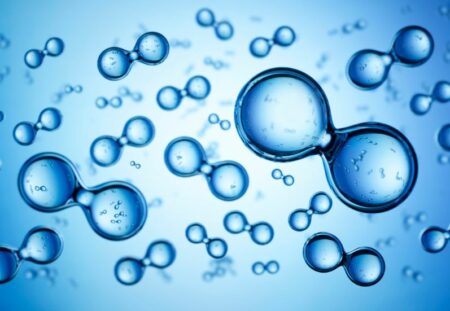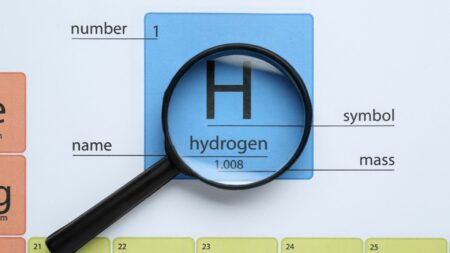Russia is set to test its inaugural hydrogen-powered vessel, Ecobalt, in October.
Browsing: Russia
Russia has embarked on an innovative venture to use hydrogen energy to address the frigid conditions of the Arctic.
An initiative is underway on Russia’s far-eastern island of Sakhalin, with plans for the country’s inaugural green hydrogen installation set to materialize by June’s end.
Novatek, Russia’s largest liquefied natural gas (LNG) producer, has been granted Russian patents for groundbreaking processes—large-scale low-carbon ammonia and large-scale pure hydrogen based on ammonia cracking.
Russia has unveiled plans to ramp up its hydrogen production and secure a substantial 20% share by 2030. Ilya Torosov, Russian First Deputy Minister of Economic Development, disclosed this ambitious strategy during the 28th Conference of the Parties to the UN Framework Convention on Climate Change (COP28), underlining Russia’s commitment to positioning itself as a key player in the hydrogen landscape.
Emperium shipyard tests Russia’s first electric hydrogen vessel prototype The Emperium shipyard tested Russia’s first electric hydrogen vessel prototype on…
In the quest for a low-carbon economy, a team of visionary scientists at the NTI Competence Center, specializing in “Hydrogen as the basis of a low-carbon economy,” within the Federal Research Center, Institute of Catalysis SB RAS, have achieved a remarkable breakthrough. Their innovation involves a novel material for electrodes in hydrogen fuel cells, opening doors to a more efficient and environmentally friendly future.
Hydrogen has long been hailed as a promising future fuel, but its transportation challenges and safety concerns have hindered its widespread adoption. In a breakthrough move, experts from the Competence Center of the National Technology Initiative (NTI) have unveiled nickel-based catalysts that could revolutionize the way hydrogen is transported, potentially paving the way for a low-carbon economy.
Russian chemists have developed a method for making catalysts that improve how well oxygen and hydrogen can be extracted from water. The Russian Science Foundation’s press service reported on the advancement of “Hi-tech”.
In order to advance the development of hydrogen energy, the Russian government, Rosatom, and Gazprom inked a collaboration agreement.






